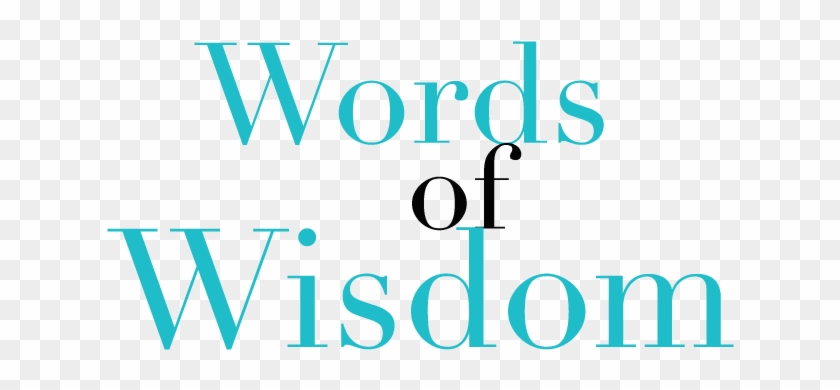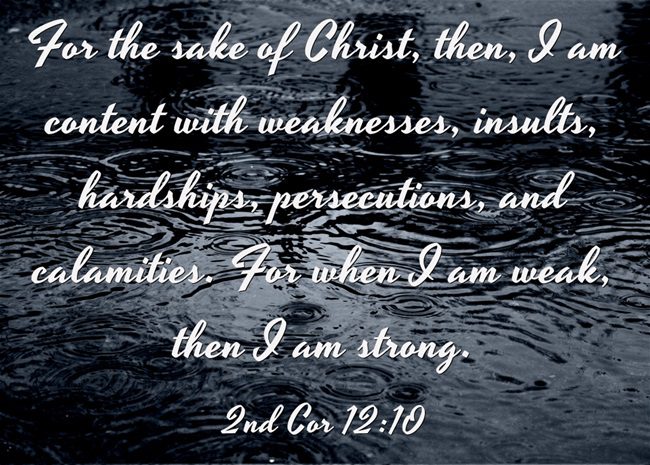This is a listing of the words of wisdom of Cardinal Stephen Kim Sou-hwan of Korea that appeared in a bulletin for priests.
1. If you talk too much, you will say things you don't need to say. Listen with both ears, think three times before opening your mouth.
2. Invest 1% of your income in buying books. You can't wear your clothes when they're worn out, but books have great value even after time.
3. Don't try to reduce the price when buying something from a street vendor. If you give money, you develop laziness, but when you buy as priced you give hope and health as a gift.
4. Make it a daily practice to smile. Laughter is preventive medicine for all illnesses, makes the elderly younger and children wiser.
5. Don't spend too much time on TV. If you are drunk, you lose your mind, and with drugs your reason, but if you are drunk on television, you become a paralyzed fool.
6. The person who easily angers will always suffer losses. An angry man kills himself, kills others, and is always lonely because no one comes near him.
7. Prayer melts rusty iron and is a ray of light that removes the darkness of a thousand-year dark cave. People who pray with their hands together are stronger than clenching their fists in anger. Prayer is a useful remedy for life.
8. Never turn your back on your neighbors. The neighborhood is a big mirror that reflects who I am. When a neighbor faces me if I ignore them and fail to give them a smile I need to take a bath, sit upright and reflect on myself deeply.
9. Loving with only the head and mouth leaves no fragrance. True love is preceded by understanding, embrace, integration, and lowering oneself."It took me seventy years to have love come down from the head to the heart."
10. Stop and look at yourself in a pitch-black darkroom. With the eyes of the heart...In all sincerity..."Who am I... Where did I come from?" Where are you going? Impatience will disappear...peace of mind and heart will be yours.




